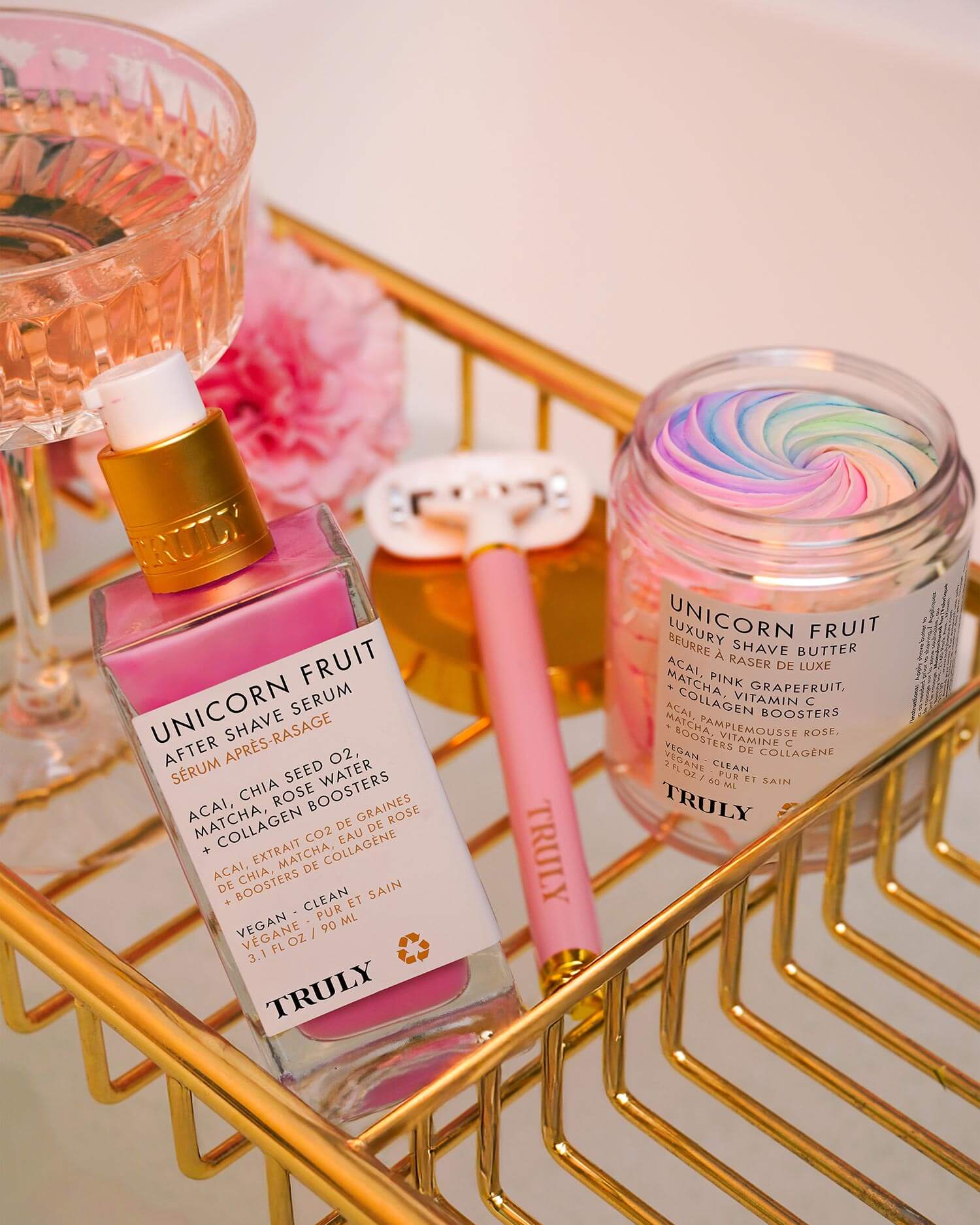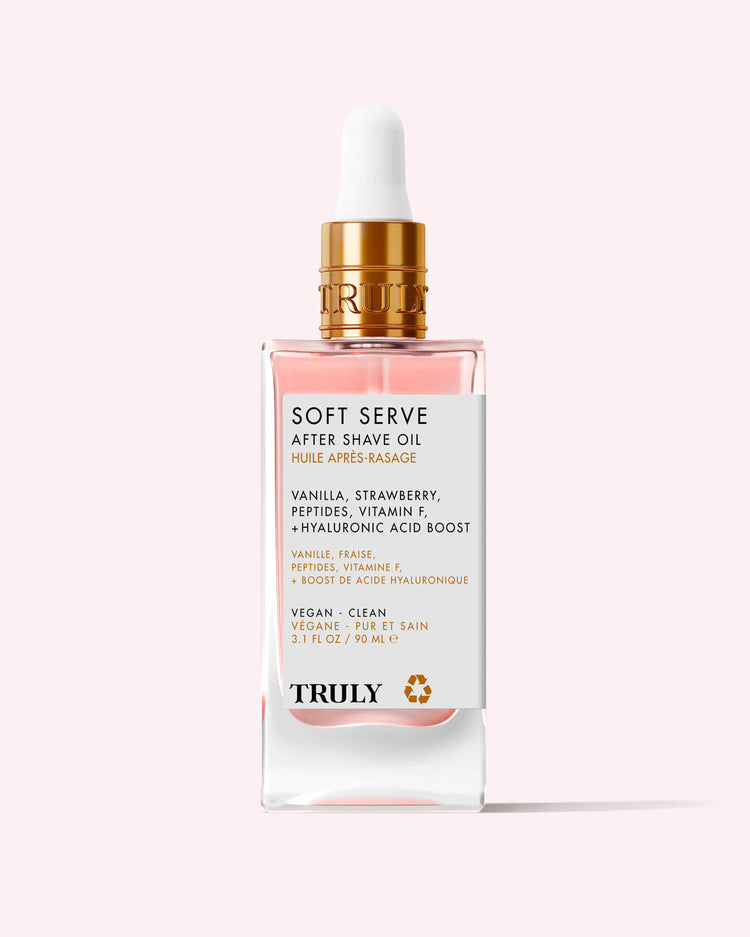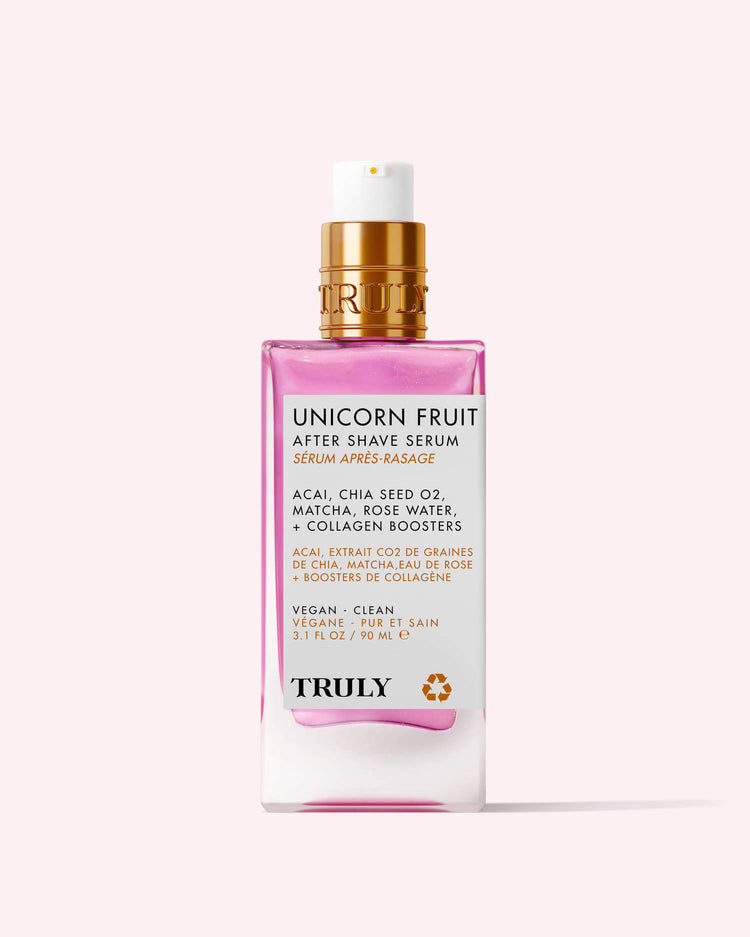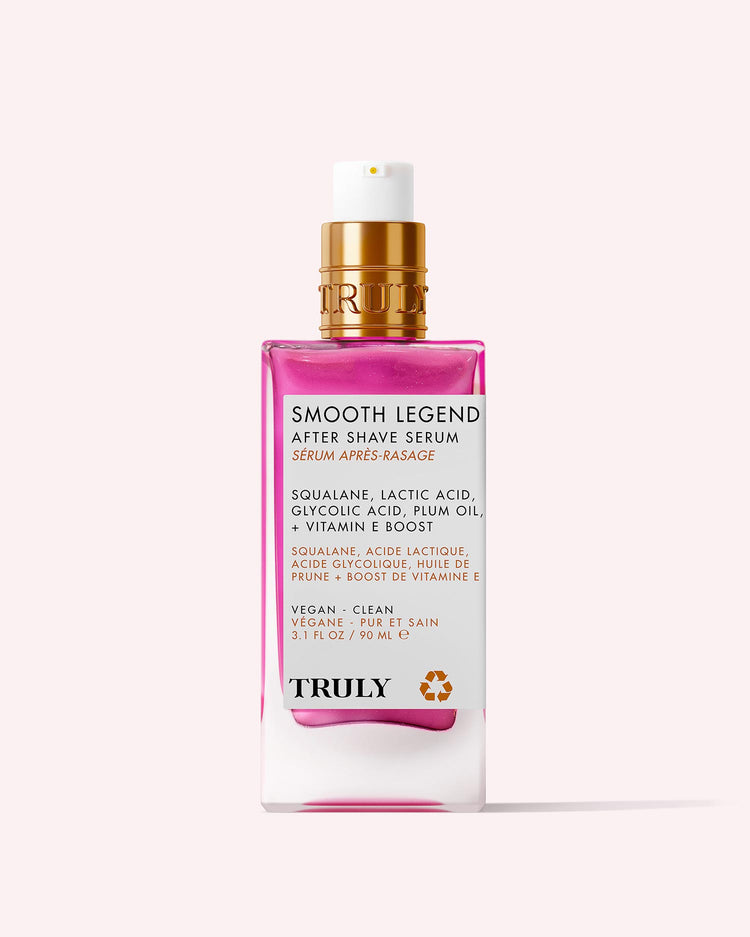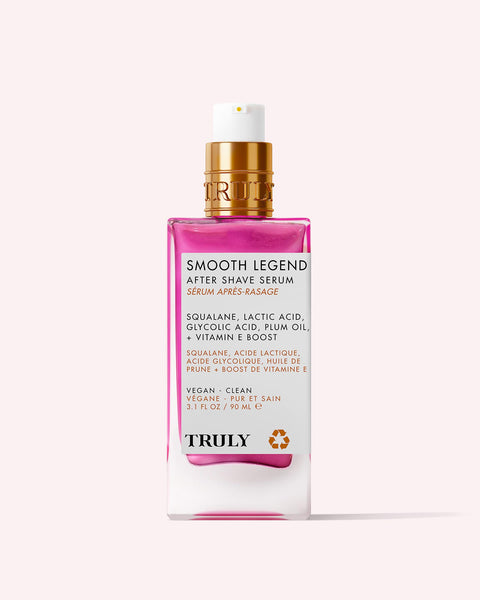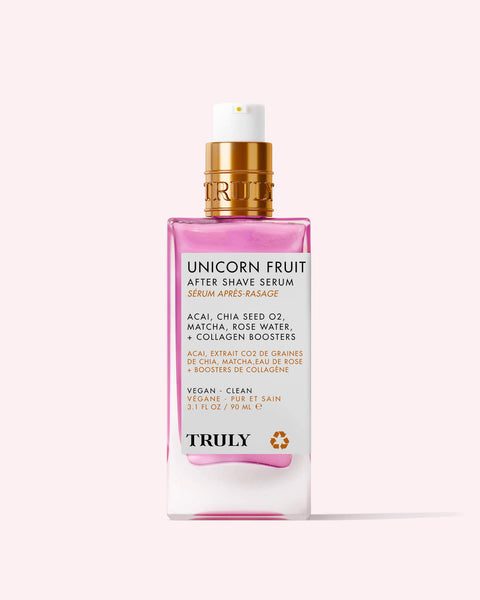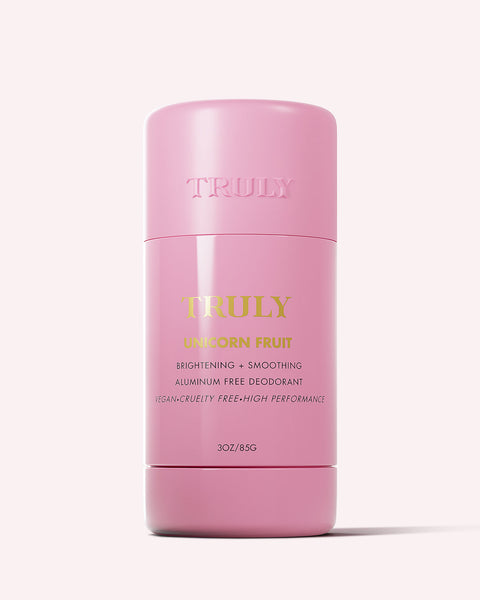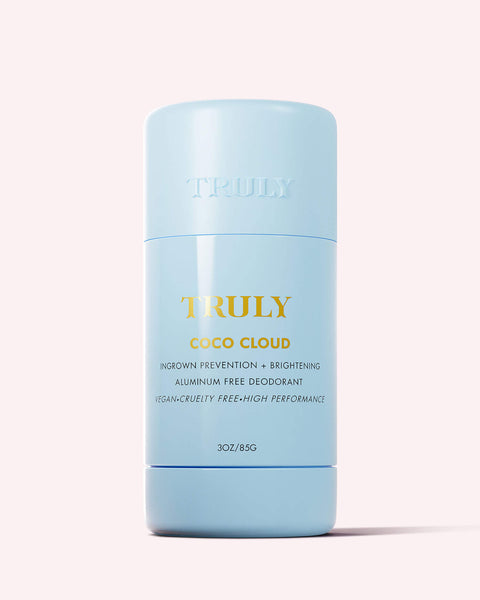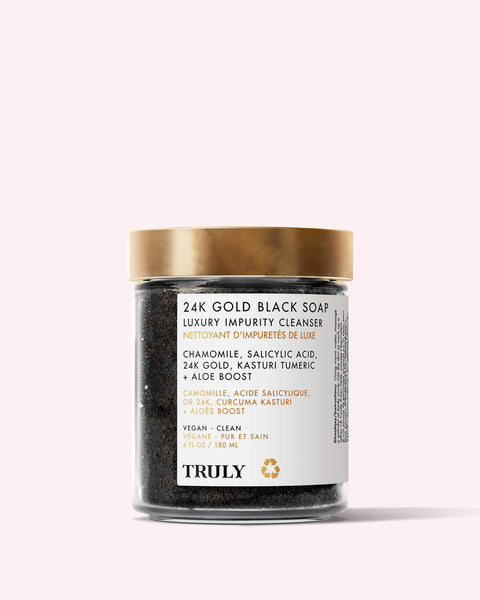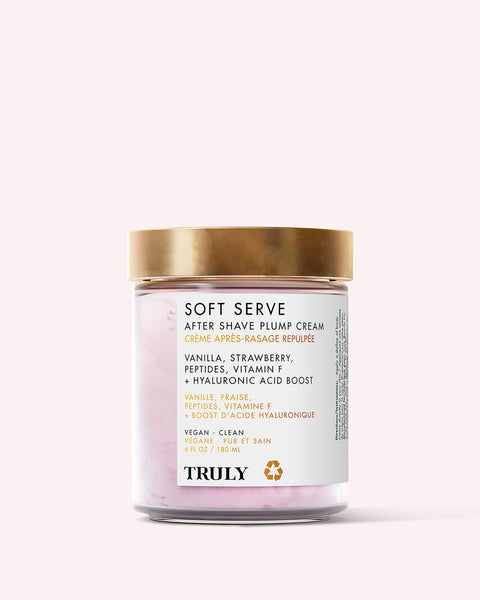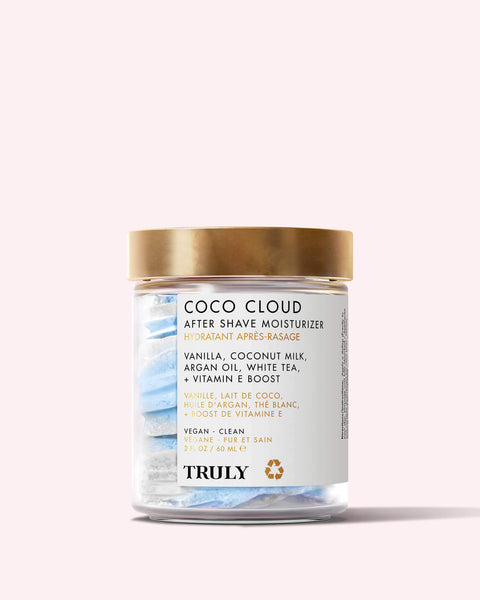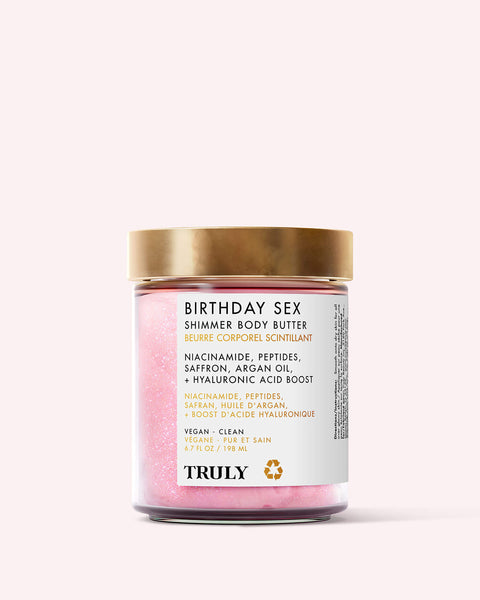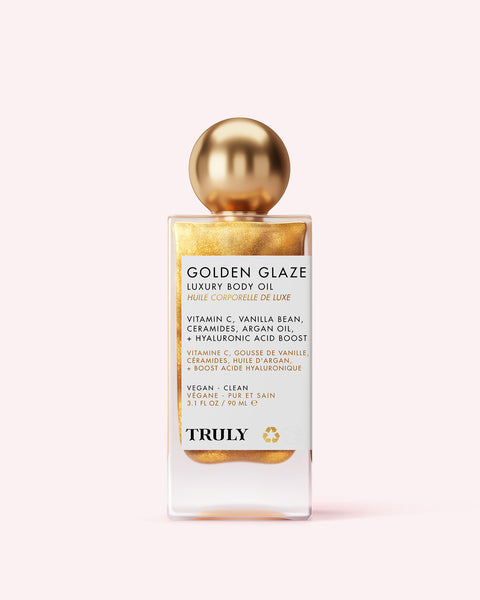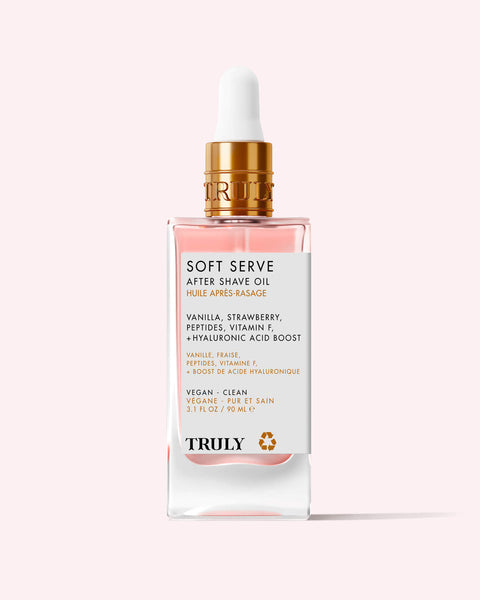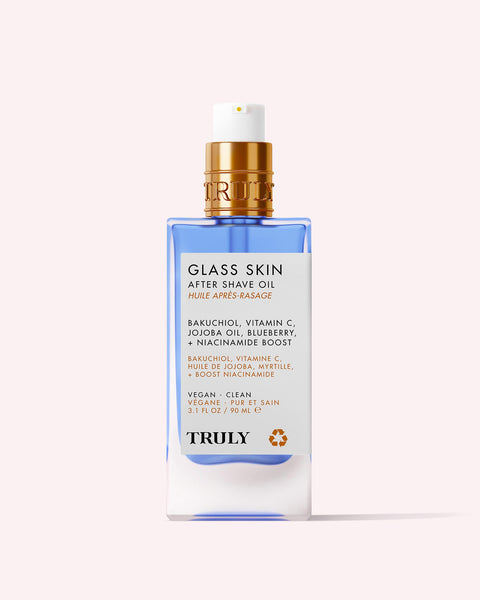How Blue Light Can Be Hurting Your Skin
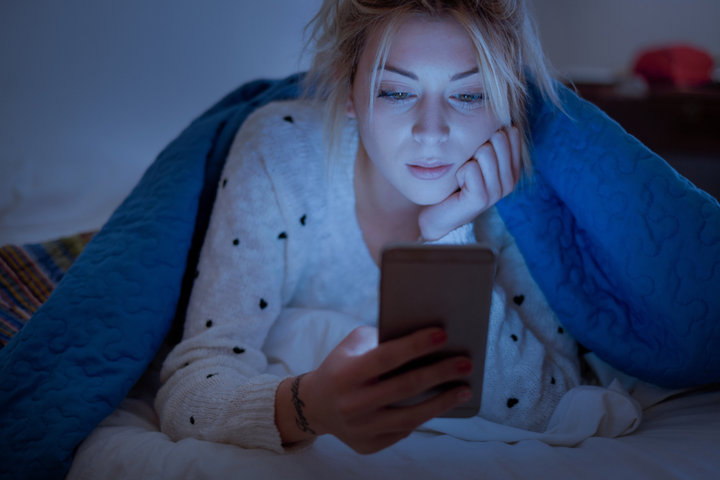
Do you ever stop to think of the skin damage that might be happening while spending hours in front of your laptop, phone, or iPad? Maybe you never considered the effects all that screen time is having on your skin.
According to health experts, the effects of blue light from digital devices can cause everything from premature aging to dark spots to a variety of skin conditions. And that's not even touching on the range of health issues it might cause like DNA damage and eye problems.
In this article, we show you everything you need to know about blue light damage and how you can protect yourself from it.
WHAT IS BLUE LIGHT?
Blue light, simply put, is light with blue wavelengths. Initially, our first primary exposure to blue light was from the sun. Except this is nothing to do with UVA rays or UVB rays. It is a different problem.
Nevertheless, nowadays, we get exposed to blue light from electronic devices and indoor lighting. As per research, blue light is supposed to positively impact our attention span and mood, keeping us alert and awake. On the other hand, it can prevent us from relaxing and falling sleep.
Blue light is a high-energy, short-wavelength light. HEV or high-energy visible light is generally known as blue wavelengths on the visible light spectrum. Experts recognize blue light from sun exposure, cell phones, computer screens, or basically any digital device.
With this information, scientists are concerned as most of us spend nearly half of our lives fixed on screens. Not to mention, since Covid-19 restrictions, screen time for many of us has increased considerably. Hence the effects of blue light are being studied.
While a certain amount of blue light is positive in maintaining good health and regulating the body's circadian rhythm or regulating our natural sleep/wake cycle, it is also leading to eye strain, cataracts, and glaucoma, and skin degeneration.
WHAT ARE THE EFFECTS OF BLUE LIGHT ON SKIN?
While those blue light glasses you see everywhere might provide a certain level of blue light protection, they won't stop those harmful rays from affecting your skin.
For most of us, skin damage from blue light in screen use is not instantly noticeable. Instead, it is similar to sun exposure and can take time. Studies continue, but sadly blue light affecting skin health doesn't look great.
Here are some of the ways blue light might be harming your complexion.
Hyperpigmentation
Hyperpigmentation is where brown spots and patches form on some regions of the skin. The skin darkening is a result of melasma, where the skin makes more pigment. People who spend long times on their phone are most prone to this condition.
Collagen Degradation
According to dermatologist Shari Marchbein, there's evidence that "as blue light penetrates the skin, reactive oxygen species are generated, which leads to DNA damage, thereby causing inflammation and the breakdown of healthy collagen and elastin, as well as hyperpigmentation."
Collagen degradation is where precious collagen is lost in the skin, leading to early signs of aging. The visible signs on the skin are fine lines, wrinkles, and skin thinning.
Oxidative stress
Research shows that blue light oxidative stress on the skin which results in the skin aging prematurely. Blue light encourages free radical production that will speed up the aging process on the skin and make it look older.
Photoaging
This is caused by repeated exposure to blue light in a similar way to ultraviolet rays. In turn, the skin's structure will change and be damaged, resulting in the skin aging early.
HOW TO PROTECT YOUR SKIN FROM BLUE LIGHT EXPOSURE
One of the first tips to avoid skin damage is to reduce time on your phone and screen. Of course, this can be hard if it involves your work. Or if you love gaming!
Try sitting further away from a PC screen, reduce the brightness of all of your devices, and change your settings to night mode so your skin gets less blue light exposure.
Experts also recommend using special skincare protection similar to that of sunscreens, as these contain adequate antioxidants and ingredients to protect the skin from blue light rays and ward of things like pigmentation.
Not surprisingly, the leading cosmetic companies are already on to it and provide special blue-light broad spectrum sunscreens for all skin types to help those who spend a lot of time in front of screens.
For regular screen users, developing a particular skincare routine is vital to protect your skin from blue light exposure.
Invest in Blue Light Protection Skincare Products
To keep your skin cells thriving and skin issues at bay, try Truly's Blueberry Kush Bundle. It features a face oil, body scrub, body oil, and body moisturizer all formulated with blueberry necta, a powerful antioxidant that works as a natural shield against blue light. They also contain vitamin C for illuminating effects.
WILL SPF PROTECT YOUR SKIN FROM BLUE LIGHT?
While the derms recommend wearing at least spf 30 on a daily basis when you're outdoors to prevent skin cancer, they're not convinced it protects you against blue light emissions.
"Most sunscreens, unfortunately, do not help protect against blue light, but this is why I specifically recommend sunscreen with iron oxide, which does protect against visible light," explains board-certified dermatologist Ainah Tan. "Besides, the use of products with antioxidants and vitamin C help minimize damage from blue light as well as possibly repair skin."
Opt for a blue light protective serum while you're indoors and a zinc oxide formulated mineral sunscreen when you're outdoors. This'll keep your skin super healthy and happy.
It's evident that screen time is ongoing and an essential part of life, either for work or play. Making adjustments to how you use these devices is crucial for your skin's wellness. By spending less time on your devices and wearing protective skincare products, you can deter the effects of blue light.
